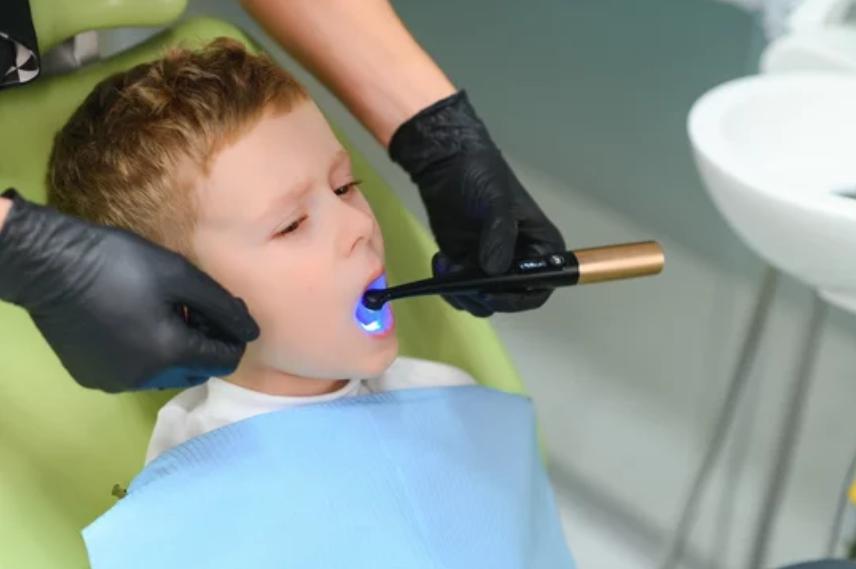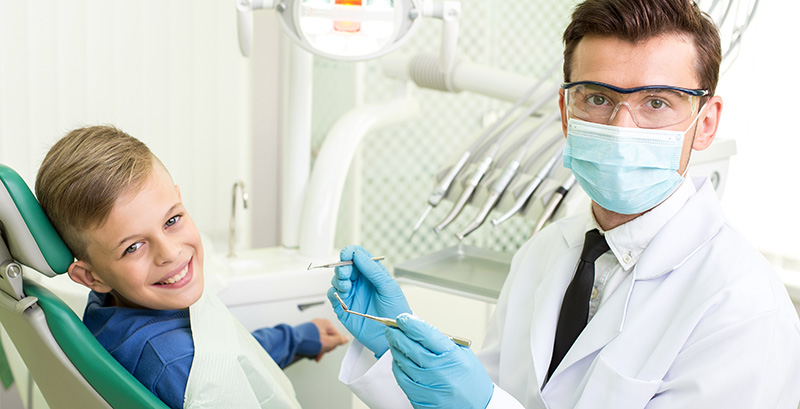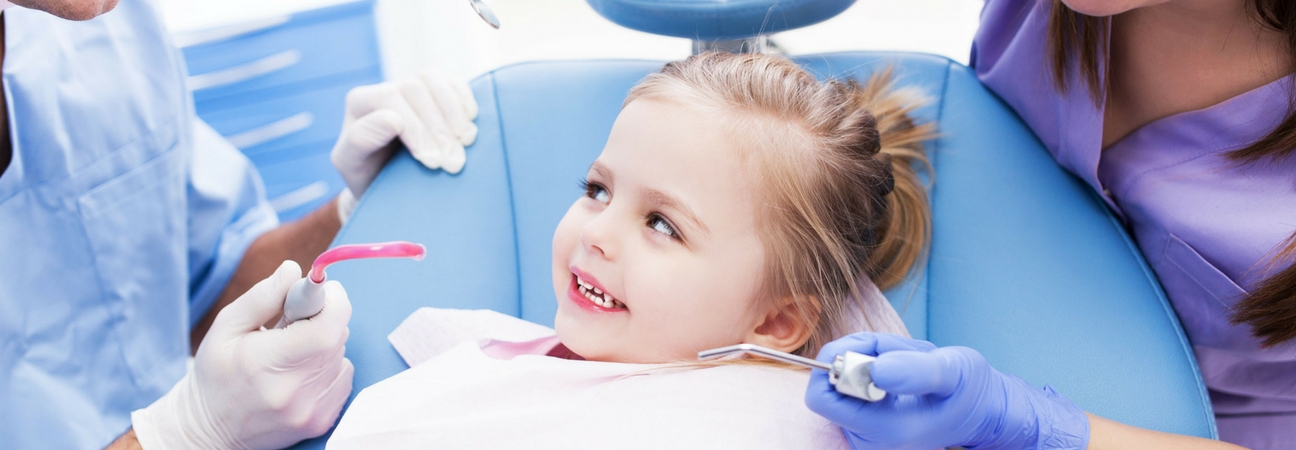
Accidents happen, but as a parent, you know accidents are far more common when you have children. Falls, sports injuries, and facial trauma often require an extensive search for a pediatric dentist near you to handle the situation as soon as possible. The right emergency dentist in Greenville will be available when you need them, know how to handle the emergency and your child, and provide dental care you feel confident about.
Dental emergencies are very common among children of all ages, so it’s understandable when your child’s pain, emotional response, and trauma affect your ability to react. These emergencies are frightening, but when you know who to call and where to go, you can resolve the issue quickly to mitigate the situation.
It’s always helpful to find a pediatric dentist who also offers emergency care so you won’t have to waste time texting friends for recommendations or searching online to find someone who can help. Instead, you can proceed without any added stress or time wasted trying to find the best dental care for your child.
The Benefits of Making Your Pediatric Dentist Your Emergency Pediatric Dentist
When your primary pediatric dentist is also your emergency pediatric dentist, dental care will feel seamless. When an accident happens, you can go to the office you’re already familiar with and be treated by a dentist and staff who already know you and your child.
A Quick Treatment Process
When your child’s primary pediatric dentist is also your emergency dentist, you won’t have to worry about extra services or filling out new paperwork because they will already have X-rays and medical information on file. This allows you to proceed with the necessary treatment as soon as possible and feel confident the situation has been effectively handled by a dentist you know and trust.
At Wilson Pediatrics, we develop relationships with each of our patients so they know exactly how to proceed when an emergency happens. When you need emergency care, your child can at least have the comfort of being treated by our team instead of a group of strangers they have never met before.
If you’re looking for a pediatric dentist in Greenville, you can end your search with us. We offer a variety of pediatric dentistry treatments and services to help your child experience optimal dental health. Contact Wilson Pediatric Dentistry in Wilson, NC today to learn more about our services and schedule an appointment.




